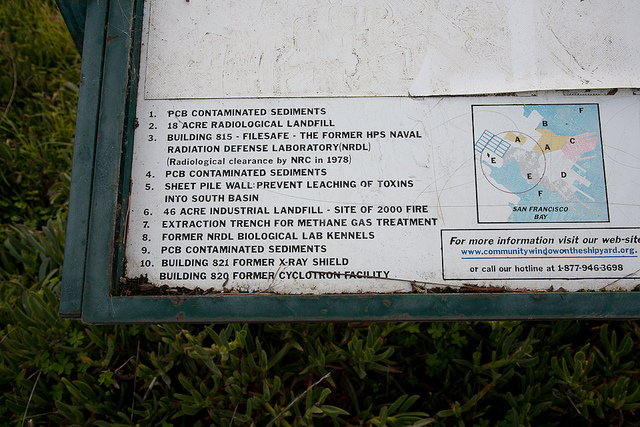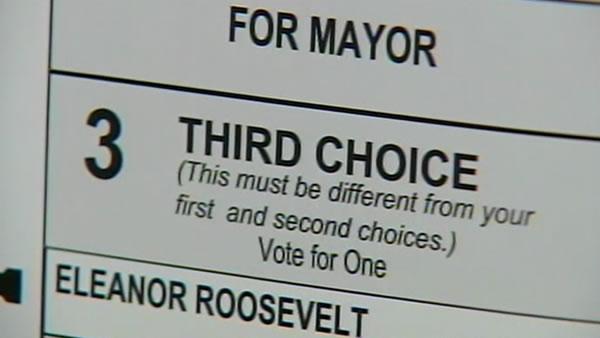Catching school board meetings or locally produced talk shows on cable access systems will be more difficult for channel surfers due to changes in laws in several states. Public, educational and government stations, also know as PEGs, are fixtures on basic cable packages, made available as a public service requirement of the Communications Act of 1934. PEG stations televise town hall meetings, school plays and run quirky, locally produced talk shows with “Wayne’s World”-style theatrics. Yet California and Illinois are among 20 states that enacted laws allowing cable companies to end their support for PEG studio facilities, equipment and staff, and giving control of programming to state agencies rather than local communities. When California’s Digital Infrastructure and Video Competition Act took effect Jan.


